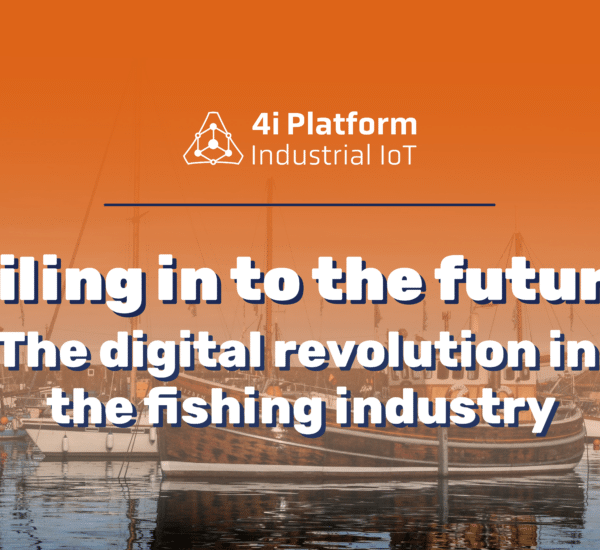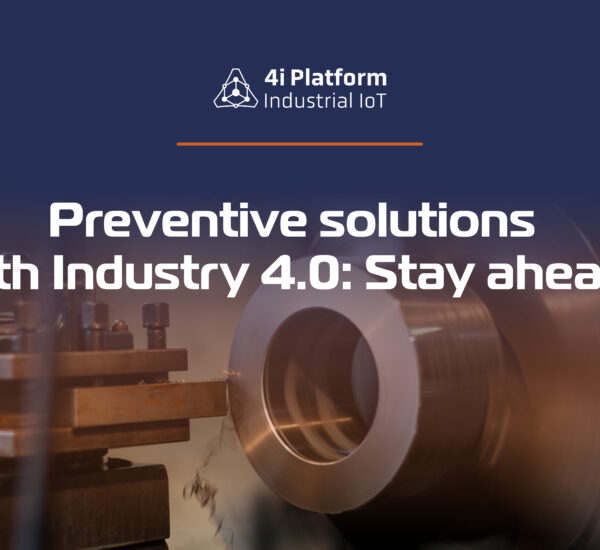IIoT technology (Industrial Internet of Things) is the core of this digital economy. It is everything you have hoped it would be. Every business has seen a paradigm shift in the way they view and use predictive technology.
The Industrial Internet is truly transformational. It has been a catalyst for unprecedented technological changes and business opportunities. IIoT technology has revolutionized the way humans and machines interact. The enormous amount of data available from connected devices has made it possible to take immediate and intelligent actions and make fast decisions.
This IIoT technology revolution has changed the rules and created new waves of disruptive companies. Accordingly, the Internet revolution has radically changed industries such as agriculture, transportation, and energy. These three sectors together account for almost two-thirds worldwide GDP.
IIoT Technology New Opportunities and Benefits.
- The new ecosystem of connected co-evolutionaries brought new software platforms and blurred industry boundaries.
- Increased operational efficiency, such as improved uptime and asset utilization with predictive maintenance and remote management.
- Collaboration between humans, machines and computers has led to unprecedented levels of productivity.
- Exponential growth in outcome economy, crystal clear visibility to processes, products, and customers.
IIoT technology is mainly dependent on data. As a result, data security plays an essential role. However, companies must overcome a variety of hardships to fully realize the potential of Industrial Internet.
These are the most significant, including data privacy and security. New security measures are required as the virtual and real worlds merge at an unprecedented rate.
Therefore, Industrial IoT’s biggest challenge is interoperability with existing systems.
Modern operational technology systems are not designed to work in isolation and are dependent upon a fully functional digital ecosystem. Hence, this requires seamless data sharing among different physical networks. Industrial IoT made things easier and more enjoyable.
IIoT technology has been proven to be a valuable tool for the general public by organizations that have created a long-term R&D program to solve fundamental problems.
Market Peek
McKinsey Digital, a leading analyst firm, predicted that the estimated value of the IoT market by 2030 will be between $5,500 and 12,600 billion. Much of the hype centers on consumer applications, such as connected cars, smart homes, and smart wearables. Nonetheless, Industrial IoT has outperformed consumer applications in terms of socioeconomic impact as well as potential business.
IIoT technology solutions have transformed an assortment of industries such as manufacturing, transportation, oil and Gas, mining, and healthcare. In a nutshell these accounts for two-thirds the global economy. Although real-time information can take a few seconds to display, Industrial IoT makes it sub-millisecond.
Reliability is another important consideration. Real-time and reliability are important factors in the industry’s conservative culture. Additionally, they also help to embrace change and new technologies.
Industrial products have a long lifespan and high cost. These are critical factors that will influence the development of the Industrial Internet. Industrial IoT adoption is growing rapidly.
IIoT technology gives emerging markets the unique opportunity to invest in digital infrastructure. These capabilities have laid the foundation for future smart services and economic development.
In conclusion, Industrial IoT has proven to be a valuable tool for improving operations, generating revenue, and reducing downtime.





